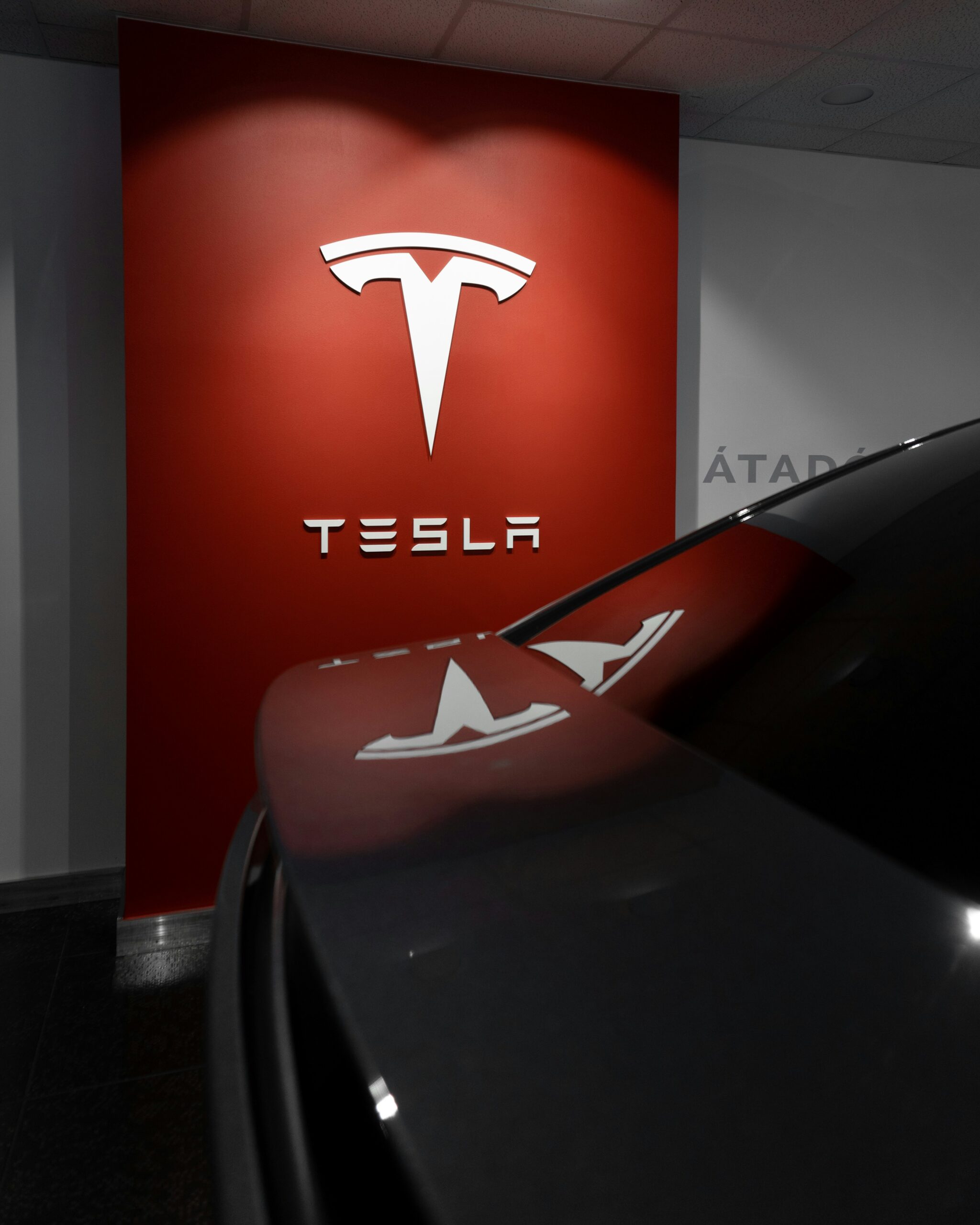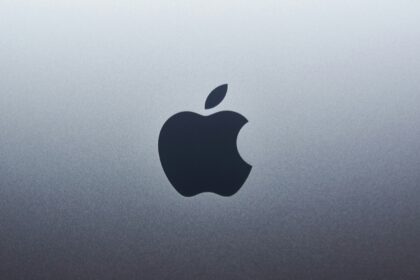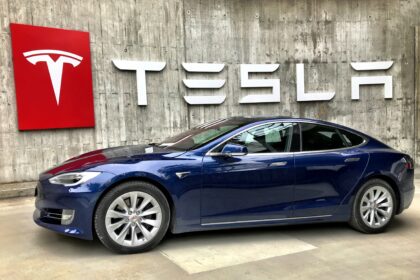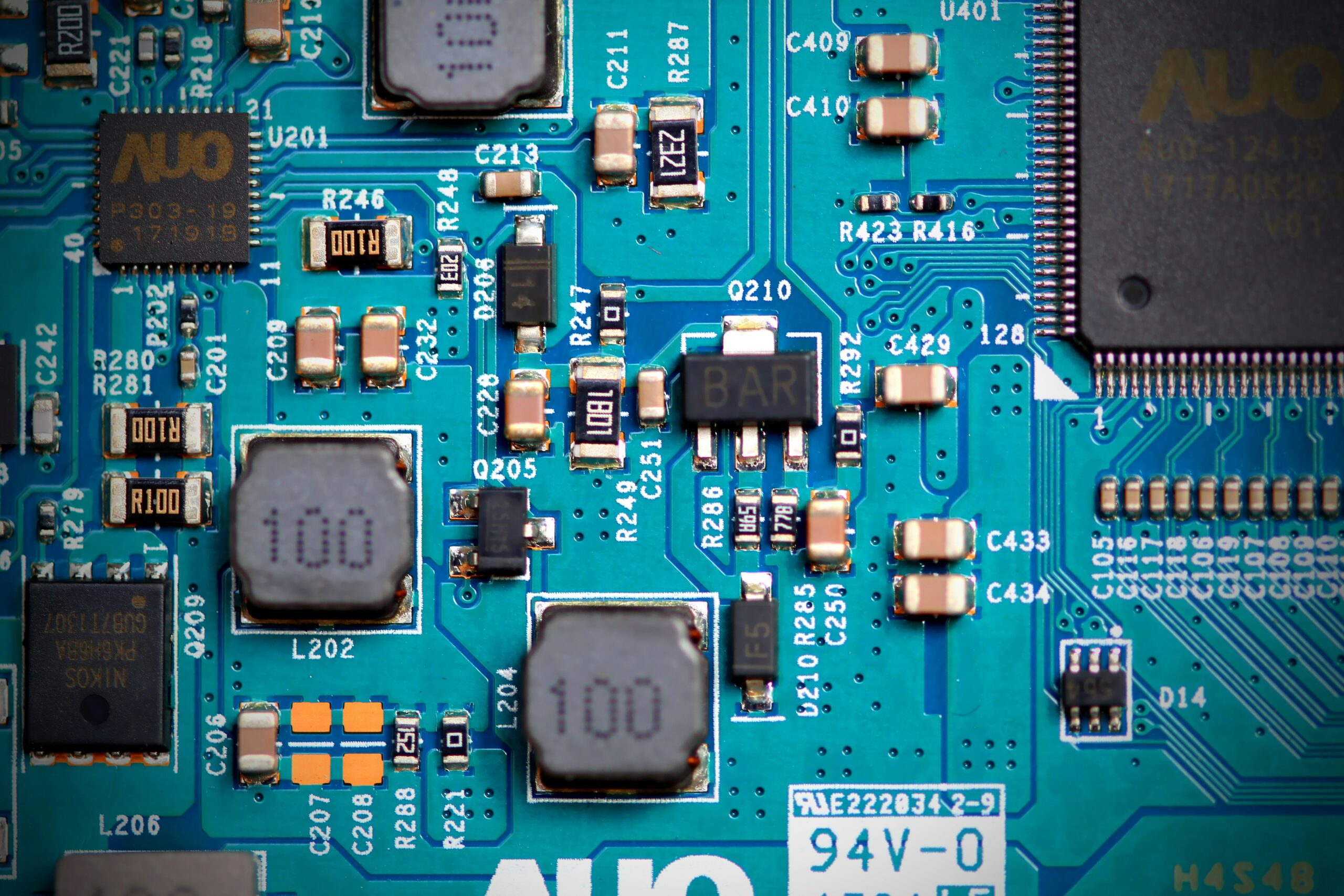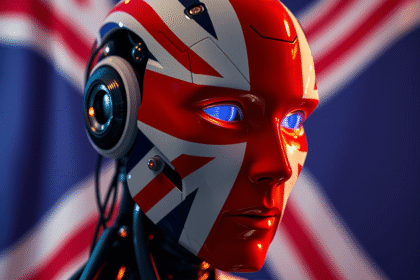Tesla has filed a motion asking a judge to toss out the $243 million verdict delivered against the company earlier this month over its Autopilot system, or grant a new trial.
In the filing, Tesla’s lawyers argue the jury’s decision “flies in the face of basic Florida tort law, the Due Process Clause, and common sense.” They maintain that full responsibility lies with driver George McGee, who admitted he was distracted by his phone during the 2019 crash.
The jury ultimately assigned two-thirds of the blame to McGee and one-third to Tesla. The case stemmed from a nighttime collision in Florida where McGee, driving a Tesla Model S on Autopilot, ran a stop sign and struck a parked SUV. The crash killed 20-year-old Naibel Benavides Leon and severely injured her boyfriend Dillon Angulo.
McGee settled separately with the victims, while Tesla rejected a $60 million settlement offer before trial. Tesla insists product liability law should only apply when a vehicle is unreasonably dangerous or defies consumer expectations. “That is not this case, not in the slightest,” the company’s lawyers wrote, claiming the verdict risks deterring innovation and punishing manufacturers unfairly when drivers misuse their products.
The filing also accused opposing counsel of distracting the jury with “irrelevant evidence, about data preservation, Elon Musk, and dissimilar accidents.”
Related: The Boring Company Begins Testing Tesla’s Self-Driving Tech in Las Vegas Tunnels
Brett Schreiber, lead attorney for the plaintiffs, dismissed Tesla’s motion as “the latest example of Tesla and Musk’s complete disregard for the human cost of their defective technology.” He said the jury correctly found shared responsibility but emphasized that Autopilot’s flaws and Tesla’s misrepresentations “played an integral role in the crash.”
“We are confident the court will uphold this verdict,” Schreiber added, calling it an indictment of Tesla’s practices rather than of the broader autonomous vehicle industry.


